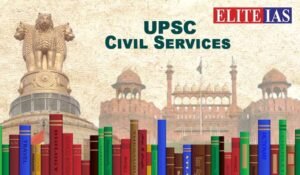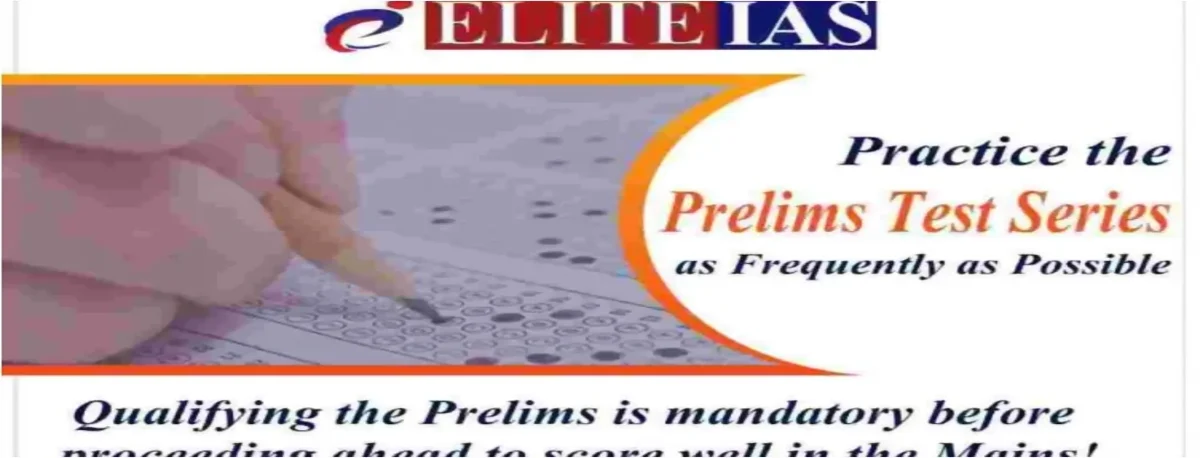Developing an effective strategy to solve the question papers both for the Prelims and the Mains for the UPSC Exam can easily help you score an edge over the competition. And that explains why do people with the same kind of preparation often end up with hugely varying scores?
Tips to develop an effective strategy to solve the CSE papers
(a) Number of rounds to solve the paper:
It usuallyvaries from one examinee to another. Depending upon how good a candidate is at solving the question paper, he would be requiring a different number of rounds to answer the complete question paper.
In case, you come across some of the confusing questions, it is advisable to answer the same in the next/another round. It would be in the best of your interests even if you feel that you had prepared well concerning the topic.
(b) The easier questions first of all:
Answering the easier questions in the first round would make it easier to go ahead with the difficult ones in the second one with a greater confidence. It would not be a mere guess, but a calculated risk at least, if you go ahead with the difficult/confusing questions in the next round.
(c) Do not answer impulsively:
It is advisable to take a breath and read the complete question paper carefully. Now plan well, what would you like to answer, first of all. Doing so would be logically convincing rather than answering the questions impulsively.
It may result in incorrect answers and hence, negative marking in the case of Prelims. As far as Mains is concerned, your score might be affected very badly. Finally, it is only going to affect the total aggregate of your score, and, hence, your rank in the CSE result UPSC declares.
(d) Pay attention to all the crucial details:
It definitely pays to be attentive to all the crucial details. Many a times, even a simple question may appear to be difficult for various reasons including:
The information conveyed by the question might be presented in a highly subtle manner.
The question might require you to read in between the lines for, otherwise, it might not be easy for the candidates to understand what the question actually aims at.
Besides, it should be noted that many a times, the examinees do not analyze the directives carefully. As a result, they fail to answer a question as per what the Directive requires. There are various directives that follow the main body of the questions. Some of them might include analyze, critically analyze, comment, discuss etc.
(e) Marking on the OMR sheet:
Many a times, in a hurry to mark on the OMR sheet, the examinees simply mark for the wrong answer. Later they realize that had they marked in a calmer and relaxed frame of mind, they would have answered differently.
Conclusion
Apart from what has been suggested above, you might come across a few brilliant ideas of your own and attempt to answer the question papers both for Prelims and Mains in a better manner than what it would have been otherwise.


